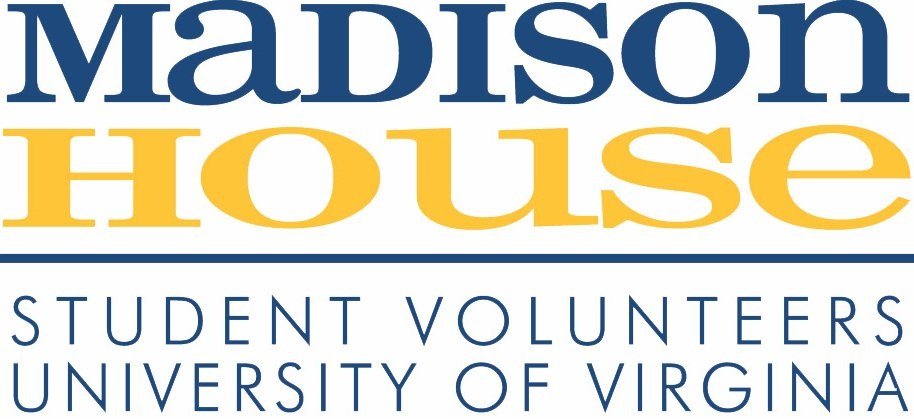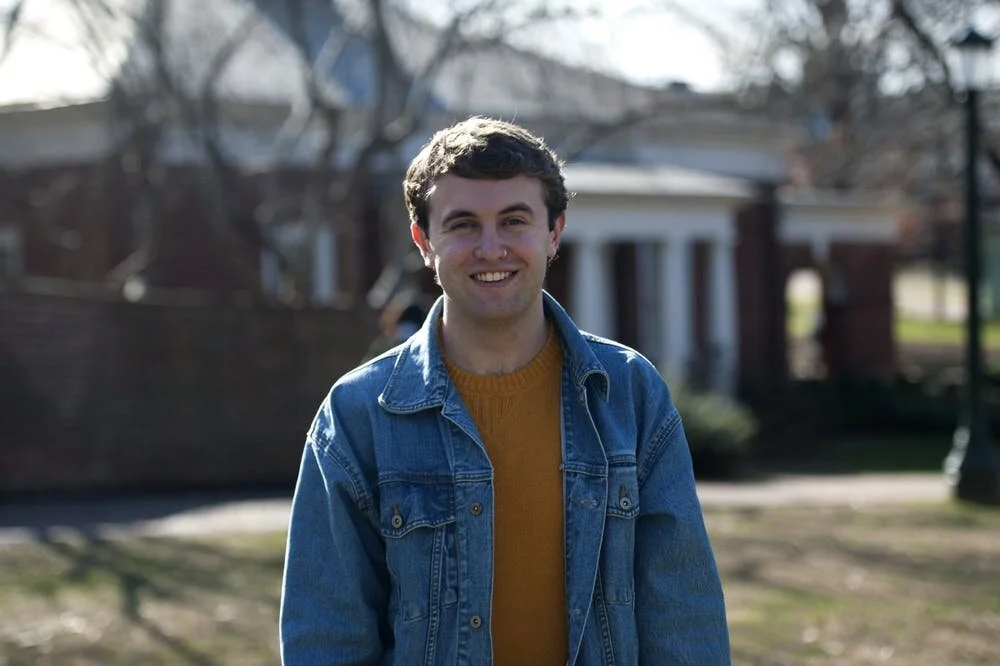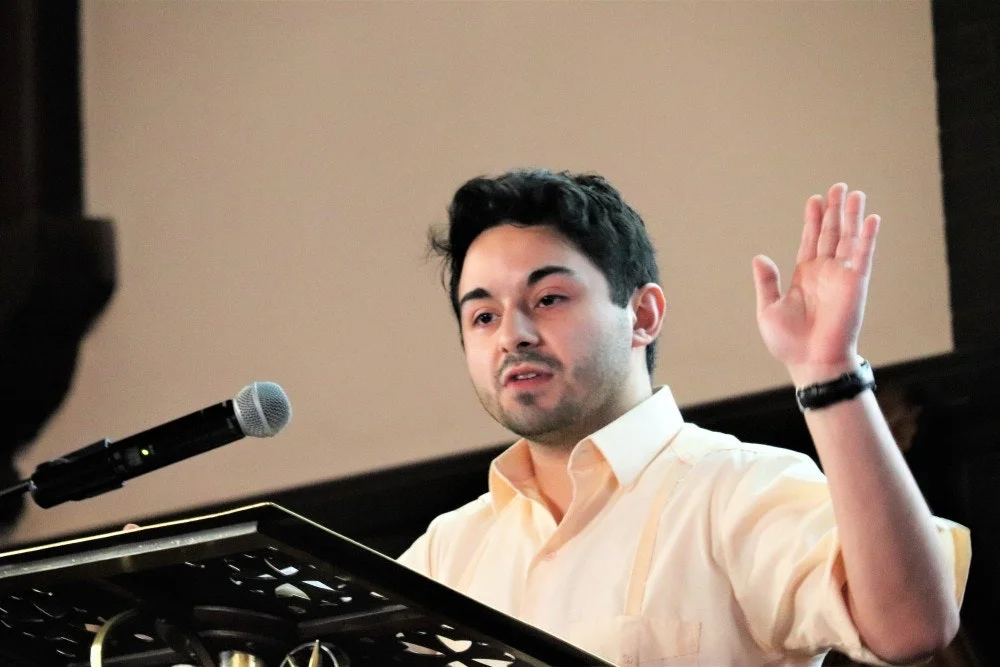“The students began to think incredibly creatively,” Ochs said. “They anticipated how technology would be used to sustain individuals and communities; they designed texts that could be used for virtual rituals.”
Prior to the pandemic, the students – many working in conjunction with Madison House – had been able to give back to the Charlottesville community in a number of ways, including mentoring young people with autism, volunteering at the Salvation Army and Goodwill, adopting a grandparent, teaching children to read and helping people with taxes.
From there, the students created their own Haggadahs, using the traditional text as their inspiration.

























